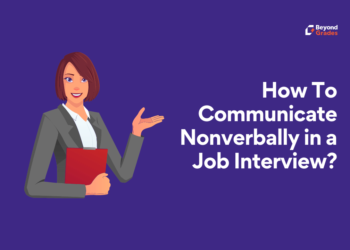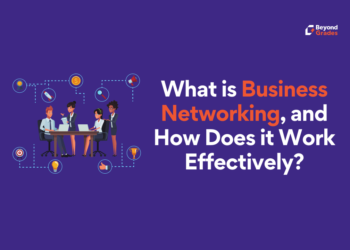[ad_1]
Ever wonder why people do internships when half the time they are unpaid and the companies make you do all the grunt work? Or why do some students volunteer at various NGOs despite having hectic schedules? Well, the answer to these questions is a term called Experiential Learning.
Experiential Learning
Experiential learning is a process in which knowledge is acquired and applied in a real-world setting instead of a classroom. The programs which offer experiential learning emphasize a hands-on approach to honing both skills and expertise. These programs include internships, co-ops, returnships, externships, volunteering and service-learning programs.
Experiential Learning is a Way of Teaching.
Experiential learning is a way of teaching which focuses on doing rather than just learning. Instead of studying only principles and concepts in a classroom, students are given the opportunity to learn skills in real-life situations.

For instance, you must remember those lab classes we all had in high school for Biology? In those classes, we were able to use our theoretical knowledge and apply them in a laboratory. Similarly, in the Chemistry lab period, we could actually conduct reactions that we had so far only read about.
There are also industrial jobs that require a period of training before you can be allowed to work the machinery.
Major Components of Experiential Learning –
Experiential learning has four major components according to the Boston University Center for Teaching and Learning:
- Analysis and synthesis
- Autonomy and independence so that you will be able to make decisions and take responsibility
- Engagement with other learners
- Learning from both mistakes and successes

Experiential education usually refers to formal programs like internships, apprenticeships and co-ops though it is possible to acquire skills outside such programs in a less structured manner as well. For example, working under a professional as an assistant or interviewing someone in your field.
Various Types of Experiential Learning Programs –
To help you out, here are some of the types of formal experiential learning programs:
– Apprenticeship
As an apprentice, you get to learn from a skilled professional. Apprenticeships are available for jobs in skilled trades, health care and information technology.
– Campus Employment
Sometimes, there are job opportunities available on your campus itself. Jobs on the campus provide students with work experience and the opportunity to acquire new skills.
– Internships
You can do an internship during your summer holidays or after your graduation. Even if it is unpaid, internships provide you with valuable work experience based on which you will be able to get a job in your field in the future. They can be of varying lengths depending on your availability.
– Externships
An externship allows you to observe the way things work in your field and gives you an opportunity to learn on the job. Externships often provide you with your first professional experience. Universities and colleges usually set them up.
– Fellowships
A fellowship is a short-term opportunity for graduates and those in research to work in their respective fields while receiving a monthly stipend.
– Field Experience
In some subjects like Geology and Architecture, students are taken to the field as part of their curriculum so that they can learn practical knowledge in the real world. This can be part of research as well.
– Student Teaching
While pursuing a career in education, students are given the opportunity to teach classes to prepare them for their future as teachers or lecturers. The actual experience of managing and teaching a class is vital for prospective teachers.
– Volunteering
Volunteering at an NGO can give you valuable work experience which will help you land a job in your field. It is also useful for resume-building.
Experiential Learning is Education’s Vital Part.

Experiential learning is a vital part of your education. When you go hunting for a job, you will realize that employers look for things in the candidates’ resumes. Internships, volunteer work and experience in your field will help you stand out in the crowd and impress your future employers.
[ad_2]
Source link









